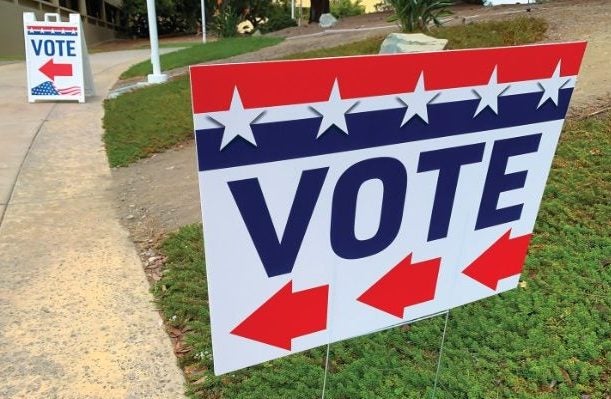Town to discuss code, Martin project
Published 11:24 pm Tuesday, July 10, 2018
The Farmville Town Council may consider rescinding a segment of its town code that allowed the town to receive reimbursement of expenses incurred by responding to DUI incidents and other accidents or traffic incidents.
The council will hold a public hearing on an ordinance that would potentially strike the segment during its Wednesday meeting at 6:45 p.m.
The meeting is also set to consider a conditional use permit for a 10-unit dwelling at the intersections of High, Appomattox and Oak streets June 13, with three speaking in favor of the project, 17 speaking in opposition and one taking a neutral stance on the issue during a public hearing June 13.
The project is zoned as District R-3, classified for multiple family dwellings with a conditional use permit. The unit would have approximately 30 beds.
Town Mayor David Whitus said during the June 13 meeting the town would not take action on the proposed project until the July meeting, when Ward A representative Greg Cole and Ward E representative J.J. “Jamie” Davis, who were absent, would return and recently-elected Ward B representative Brian Vincent would assume the seat.
The town code item, under Chapter 21 in the code, article III, section 21-16, permitted the town to receive reimbursement for responding to traffic incidents from a convicted party.
Town Manager Gerald Spates confirmed the segment of the code was first approved in February 2006.
The items on the code, available on the town website, cited that motorists who were liable to reimburse the town were those that were convicted of operating a motor vehicle while impaired, and their impairment was the proximate cause of the accident; driving recklessly, and their reckless driving was the proximate cause of the accident; driving without a license or driving with a suspended or revoked license; and improperly leaving the scene of an accident.
The expenses that the town could be reimbursed would include expenses related to “the police department, or by any volunteer fire or rescue squad, or by any combination of the foregoing, when providing an appropriate emergency response to any accident or incident related to such violation.”
“Personal liability under this section for reasonable expenses of an appropriate emergency response shall not exceed … ($1,000) in the aggregate for a particular accident or incident occurring in the town,” the code cited. “In determining the ‘reasonable expenses’ the town may bill a flat fee of … ($250) or a minute by minute accounting of the actual costs incurred. As used in this section, ‘appropriate emergency response’ includes all costs of providing law-enforcement, fire-fighting, rescue and emergency medical services. The court may order as restitution the reasonable expenses incurred by the town for fire-fighting, rescue and emergency medical services.”
Spates said the town receives $250 maximum for each offense. He said they also receive the fines from the court in relation to these incidents.
“It’s really hard to collect it,” Spates said. “Our present attorney said it’s uncollectable, and that we should not fool with it.”






